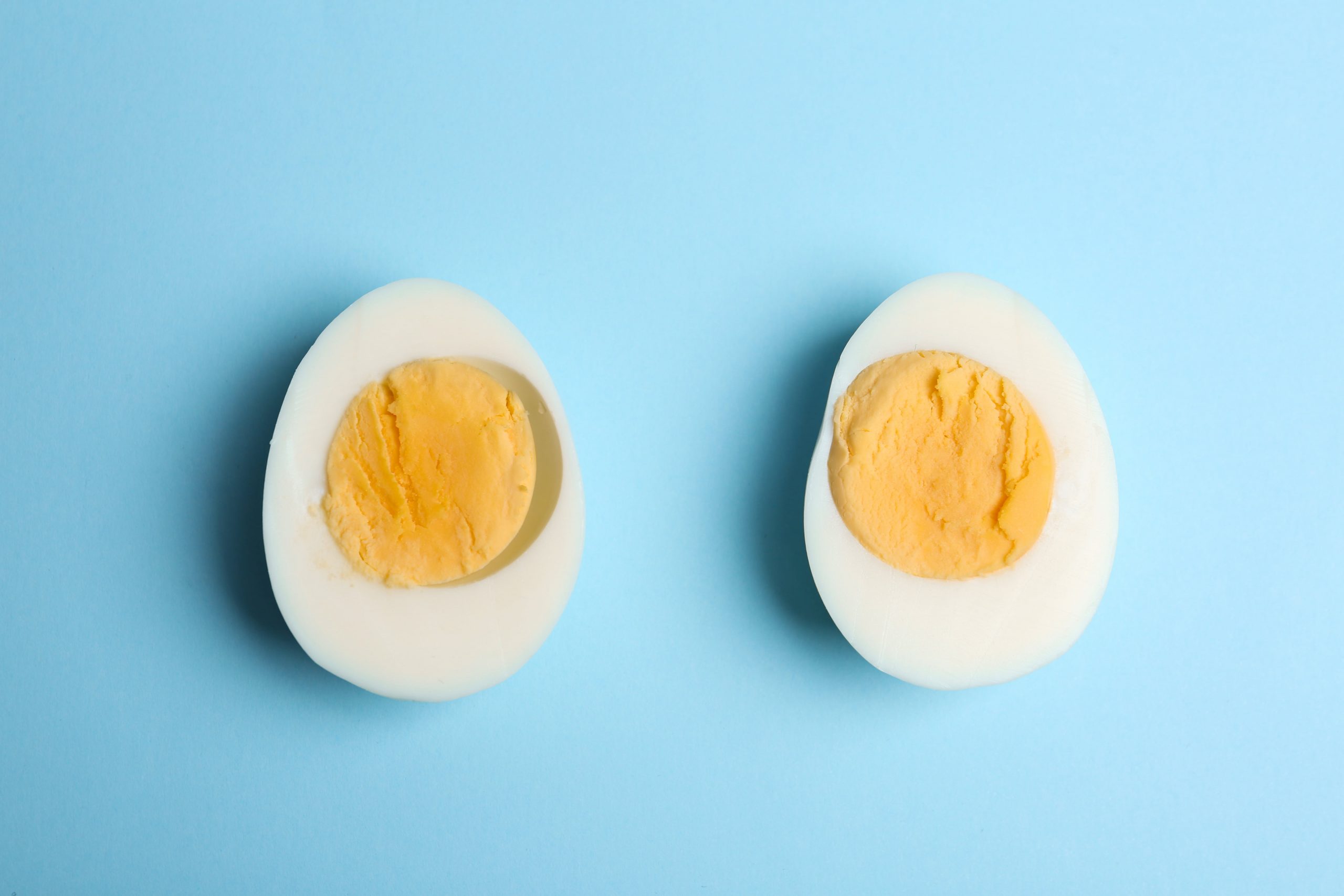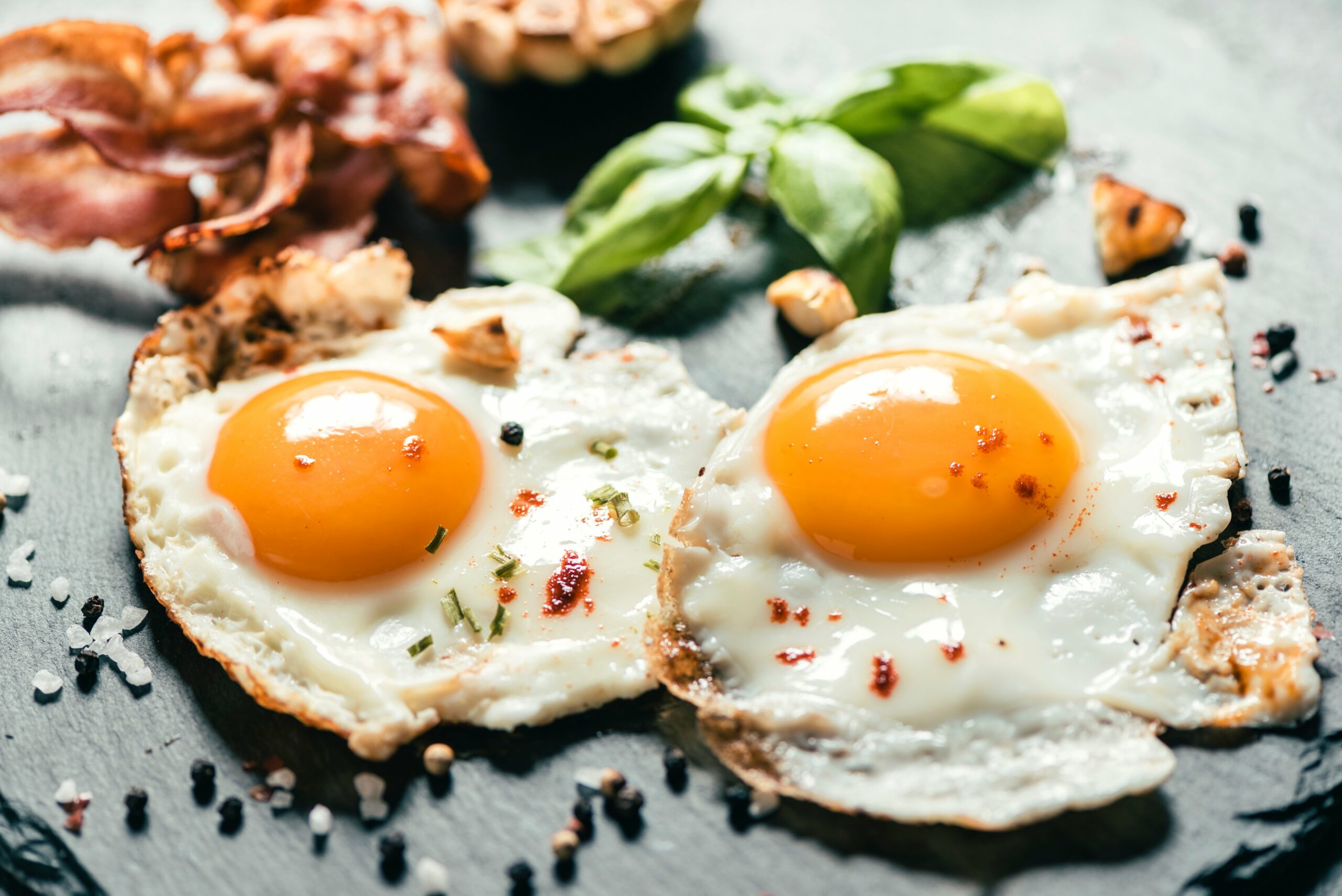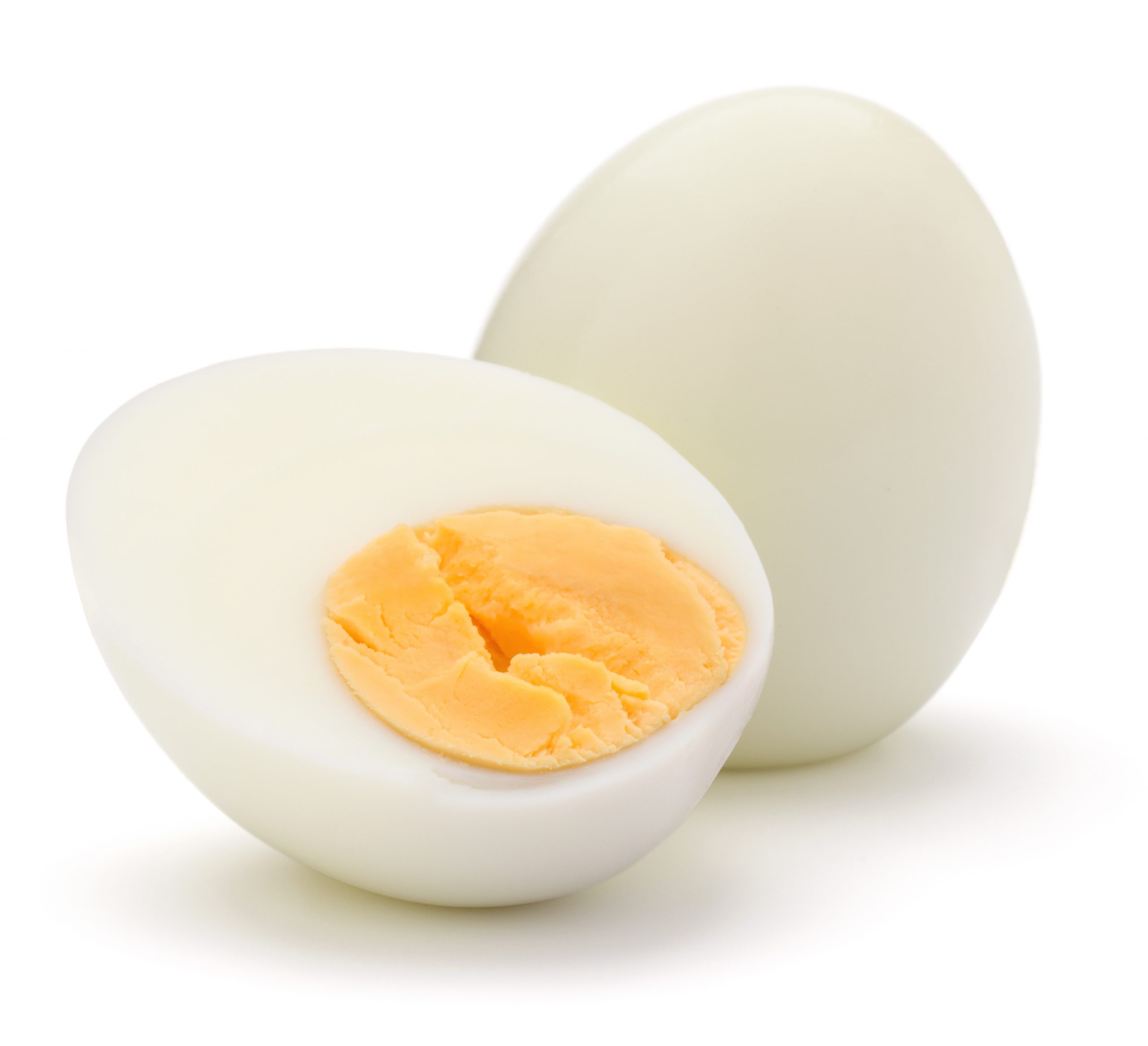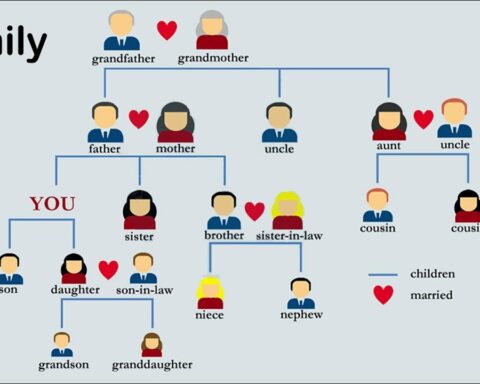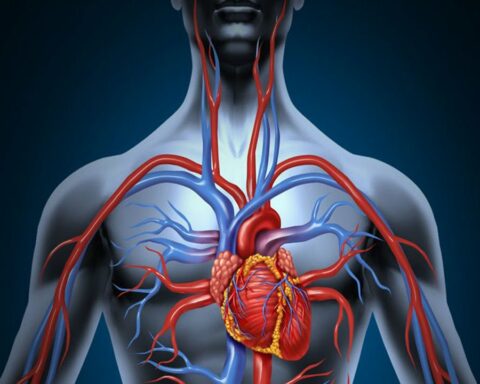One of the many ways to enjoy eggs is to boil them. Knowing the nutrients in the boiled eggs and other key facts may be just as important as the boiled eggsthemselves.
When it comes to great sources of proteins, eggs are definitely on the list and you certainly don’t want to leave them out. In enjoying eggs, people make omelets, pancakes, and toasts, among others. The other popular way to enjoy eggs is by boiling them, and this method is popular. It takes a short time for eggs to boil, you don’t need many ingredients and no special skills are needed. A pinch of salt and some sauce go well with the boiled eggs, although other make salad toppings from the boiled eggs. This article helps you learn all you need to know about boiled eggs. Peer into it for great insight.
The nutritional profile of boiled eggs
Boiled eggs have a rich nutritional profile, which is why people love them. A single large-size boiled egg that weighs 50g has many nutrients and proteins. The nutritional breakdown is as follows; Vitamin A: 6% of the Recommended Dietary Allowance (RDA), Vitamin B2 (riboflavin): 15% of the RDA, Vitamin B5 (pantothenic acid): 7% of the RDA, Vitamin B12 (cobalamin): 9% of the RDA, Saturated fat: 1.6 grams, Monounsaturated fat: 2.0 grams, Total Fats: 5.3g, Cholesterol: 212 mg, Carbs: 0.6g, Phosphorus: 86 mg, or 9% of the RDA, Proteins: 6.3g, and Selenium: 15.4 mcg, or 22% of the RDA.
Boiled egg offers so many nutrients, yet with low amounts of calories and cholesterol. You only reap 212mg of cholesterol and 5g of fats from the 50g egg. The carb amount is negligible, only 0.6g, with just 77calories. Boiled eggs are a source of whole proteins since they contain all the nine essential amino acids. Vitamin B2 and B12 as well as zinc and selenium. While the white part majorly comprises proteins, the yolk harbors most of the mentioned nutrients.
A great source of high-quality proteins
Boiled eggs make an excellent source of high-quality proteins, and the very proteins are essential for many activities in the body. Proteins from cells, organs, and organ tissues. Strong bone and muscle formation and maintenance all depend on how many proteins you have and their quality. Boiled eggs boast of some of the best-quality proteins.
To make high-quality proteins, the body needs amino acids of all ranges. Being a rich source of proteins, boiled eggs have all the nine essential amino acids which form the basis for protein synthesis. One misconceived idea about boiled eggs is that only the white part contains protein. The truth is however different. All parts of the egg contain proteins, although the white part harbors the highest amount of protein. Therefore, if you want to get the most from boiled eggs, do not isolate and leave out any part.
Eggs do not risk the heart
Heart disease is one of the global killer diseases, besides cancer and diabetes type 2. One factor that predisposes people to heart disease is high amounts of cholesterol in the body. Since eggs are high in cholesterol (212mg for a 50g boiled egg), they have increasingly gained a bad reputation and painted the wrong way. The truth may surprise you though. In as much as eggs have such amounts of cholesterol, it has nothing to do with increased risk for heart disease. The primary reason behind this is that studies have verified that there is little to no connection between dietary cholesterol and blood cholesterol and increased amounts of dietary cholesterol do not predispose a person to increased blood cholesterol or heart disease.
Besides the fact that eggs (boiled) will not increase your risk of heart disease or blood cholesterol, they can increase the amount of good cholesterol which proves quite helpful to the body. However, people living with diabetes type 2 have to exercise caution with boiled eggs. This is because some studies associate consumption of many eggs (say sever per week) with an increased risk for heart disease. It is noteworthy that these studies are at preliminary levels and more research is needed to state how egg consumption and heart disease relate.
Boiled eggs are good for the eye and brain
The eye and the brain are two important organs in the body. Safeguarding them means retention and maintenance of the sight, as well as promoting cognitive abilities. Consuming moderate amounts of boiled eggs may help keep the eye and the brain in check. This owes to some essential compounds that boiled eggs harbor. These compounds include;
i. Lutein and zeaxanthin
At the slightest mention of lutein and zeaxanthin, we usually would think about berries, fruits, and vegetables. And that’s just fine as fresh fruits and vegetables are among the richest sources of these antioxidants. However, they can also be found in animal-based foods, boiled eggs being among such foods. These two antioxidants are popular for maintaining the condition of the eyes. Free radicals cause chronic illnesses like cancer and heart disease, but also accumulate in the eyes and damage them. Blue light destroys eyes, and so do macular degeneration and cataracts. Yet, eggs are rich in lutein and zeaxanthin which protect against these. What’s more, the egg yolk is rich in fats, a factor that enhances the absorption of the two antioxidants.
ii. Choline
Many processes in the body, including the maintenance of a healthy nervous system, need choline. When choline combines with acetyl, it forms a neurotransmitter known as acetylcholine, and this helps with learning and memory. Fetal development and cognitive abilities equally need choline, which is why pregnant women and any other person need to take eggs.
Should you try boiled or fried eggs?
In preparing hard-boiled eggs, you fill a saucepan with water and boil the egg to the solidification of the yolk. You don’t add ant oil. However, frying eggs requires you to add some oil. While boiled eggs only have 5.3g of fat and 77calories, fried eggs have 7g of fats and 90calories. The other nutrients and proteins are the same for boiled and fried eggs.
Conclusion
Hard-boiled eggs are among the most enjoyed and nutritious foods. Boiling your eggs will not need any butter or oil. Still, you will benefit from the selenium, zinc, calcium, and vitamins in the eggs. Choline, zeaxanthin, and lutein are additional benefits of eggs that help the brain and the eye. Compared to fried eggs, boiled eggs have lower amounts of fats and calories.
- FDC – Giejo Magazine Article - July 29, 2023
- MoriMa Tea the – Chinese tea culture - April 26, 2023
- Missionary Position – Least Likely To Bring You To Climax - April 7, 2023

